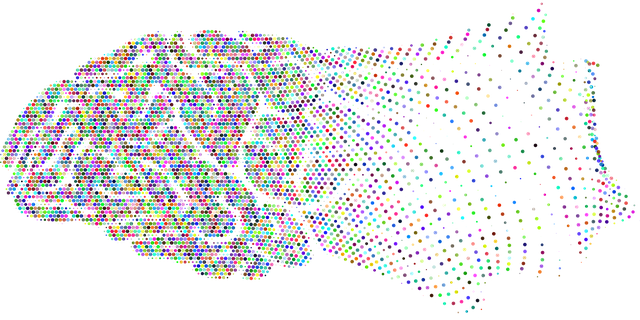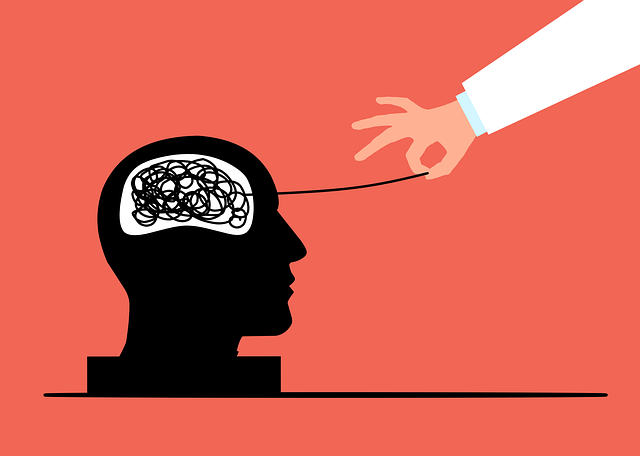Bilingual children facing mental health challenges require culturally sensitive therapy, accessible through policies addressing the shortage of bilingual therapists and enhancing funding for trauma support services. By incorporating familiar cultural elements, advocating for burnout prevention, risk assessment, and self-care for professionals, and fostering community outreach, we can create inclusive environments where all children can receive effective care, regardless of their language or background. Effective mental health policy advocacy leverages data, evidence, and individual experiences to transform systems, ensuring better outcomes for diverse bilingual communities.
Mental health policy analysis and advocacy are vital components of ensuring equitable access to quality care. This comprehensive guide explores critical aspects, from understanding foundational mental health policies to addressing unique needs of bilingual children in therapy, considering cultural nuances. We delve into policy gaps hindering access to services and present effective strategies for analysis and advocacy. By focusing on issues affecting bilingual youth, this article contributes to revolutionizing mental healthcare accessibility.
- Understanding Mental Health Policies: A Foundation for Advocacy
- The Unique Needs of Bilingual Children in Therapy: Cultural Considerations
- Policy Gaps and Barriers to Accessing Mental Health Services
- Strategies for Effective Mental Health Policy Analysis and Advocacy
Understanding Mental Health Policies: A Foundation for Advocacy

Understanding Mental health policies is a crucial foundation for effective advocacy. These policies shape access to essential services like therapy for children, particularly those who speak different languages. In many regions, bilingual therapists are still scarce, highlighting a critical gap in mental wellness coaching programs. Advocacy efforts should focus on promoting equal opportunities for emotional well-being promotion techniques that cater to diverse populations.
By examining existing policies, advocates can identify areas where improvements can be made, such as increasing funding for trauma support services. This involves pushing for legislation that prioritizes mental health resources, ensuring communities have access to culturally sensitive and competent care. Such efforts are vital in creating a more inclusive environment where everyone has the chance to thrive and recover from mental health challenges.
The Unique Needs of Bilingual Children in Therapy: Cultural Considerations

Bilingual children face unique challenges when it comes to mental health therapy due to their cultural and linguistic backgrounds. Effective therapy for these children requires a nuanced approach that considers both their native language and cultural context. Many bilingual kids grow up transitioning between languages, which can impact their identity formation and emotional expression. Therapists must create a safe, inclusive environment where the child feels comfortable sharing in their native tongue to foster open communication.
Cultural sensitivity in mental healthcare practice is paramount when working with bilingual populations. Understanding family dynamics, community resources, and traditional healing practices specific to the child’s culture can enhance therapy. Incorporating cultural elements into therapeutic techniques, such as incorporating familiar stories or activities from their heritage, can improve engagement and outcomes. Additionally, providing guidance on mental wellness journaling exercises tailored to their language(s) may offer valuable insights for both the therapist and the child during the healing process.
Policy Gaps and Barriers to Accessing Mental Health Services

Many regions struggle with significant policy gaps and barriers when it comes to accessing mental health services, particularly for vulnerable populations such as children who require therapy in languages other than English. The lack of specialized, culturally competent care can perpetuate disparities in treatment, leading to poorer outcomes. One major obstacle is the limited availability of bilingual mental health professionals, hindering effective communication and trust-building with non-English speaking individuals and families.
Additionally, policies often fail to address the unique challenges faced by mental health professionals, such as burnout prevention, risk assessment, and the importance of self-care routine development for better mental health. These issues create a vicious cycle where professionals may become overstretched, leading to reduced service quality and accessibility. Effective advocacy efforts are crucial to address these gaps, ensuring that policies prioritize comprehensive, inclusive, and resilient mental healthcare systems.
Strategies for Effective Mental Health Policy Analysis and Advocacy

Mental health policy analysis and advocacy require a multifaceted approach to ensure effective change. One key strategy is to leverage data and research to back up arguments, using evidence-based practices as a foundation. By examining existing policies through a critical lens, advocates can identify gaps and areas for improvement, especially when it comes to specialized services like therapy for children in bilingual communities. Incorporating mental wellness journaling exercises into policy guidance can provide valuable insights into the lived experiences of individuals, highlighting unique challenges and needs that require tailored support.
Community outreach program implementation plays a vital role in fostering cultural sensitivity within mental healthcare practice. Engaging diverse communities and listening to their perspectives ensures policies address specific cultural barriers to care. This inclusive process not only improves policy outcomes but also enhances access to quality mental health services, particularly for marginalized groups. By integrating these strategies, advocates can drive meaningful change, ultimately contributing to a more robust and culturally sensitive mental healthcare system that meets the needs of all individuals, including those in bilingual settings who may require specialized therapy and guidance.
Mental health policy analysis and advocacy are essential components in ensuring equitable access to quality mental health services, especially for marginalized communities like bilingual children. By understanding the unique needs of these children in therapy, identifying policy gaps, and employing effective strategies, we can revolutionize mental healthcare. It’s crucial to address cultural considerations and barriers to access, fostering a more inclusive and supportive system that meets the diverse requirements of all children, including those in need of therapy for bilingual populations.










